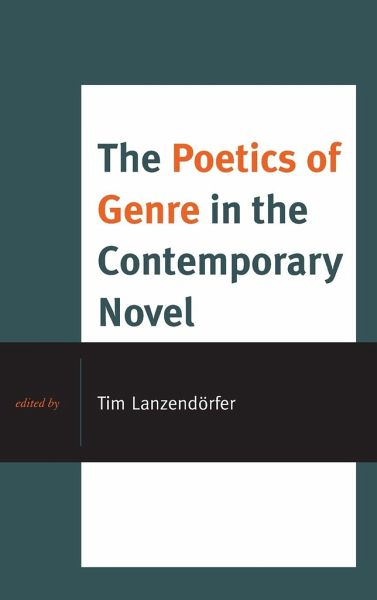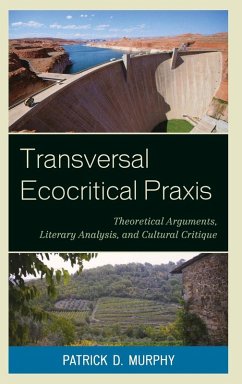
Poetics of Genre in the Contemporary Novel

PAYBACK Punkte
62 °P sammeln!
The Poetics of Genre in the Contemporary Novel studies the importance, the uses, and the changes in the work of genre in the contemporary novel. By looking at both the current interest in popular genres in literary writing, as well as at the currently ongoing changes to traditional genres, this book develops a broader perspective that suggests the value of genre criticism.













